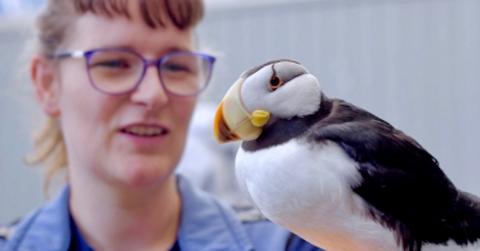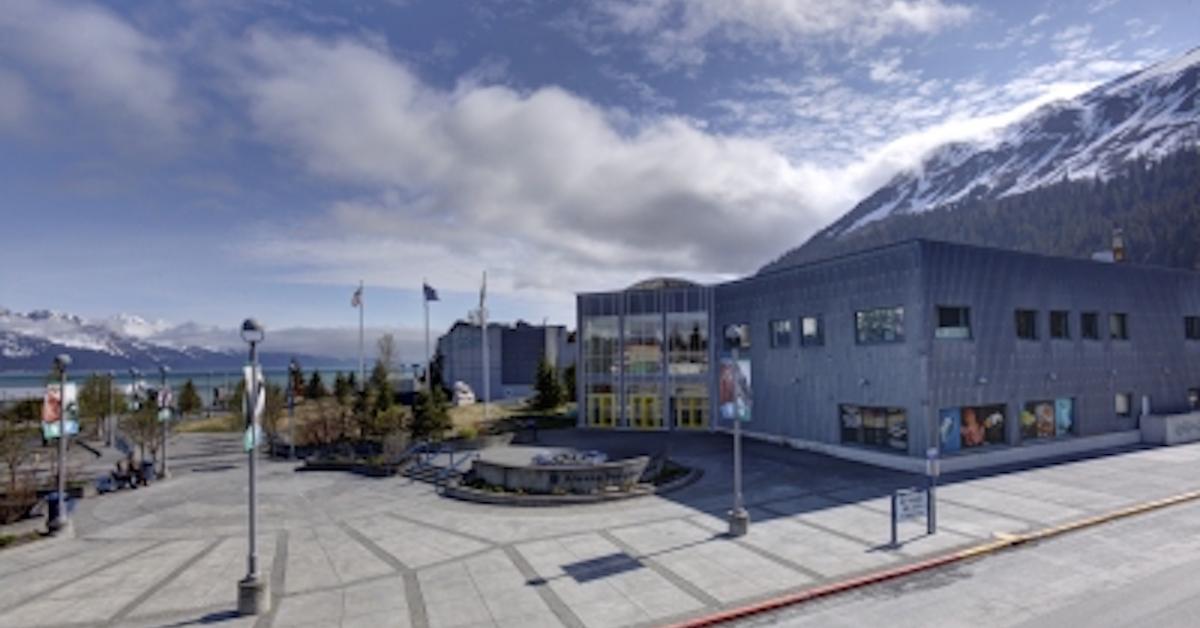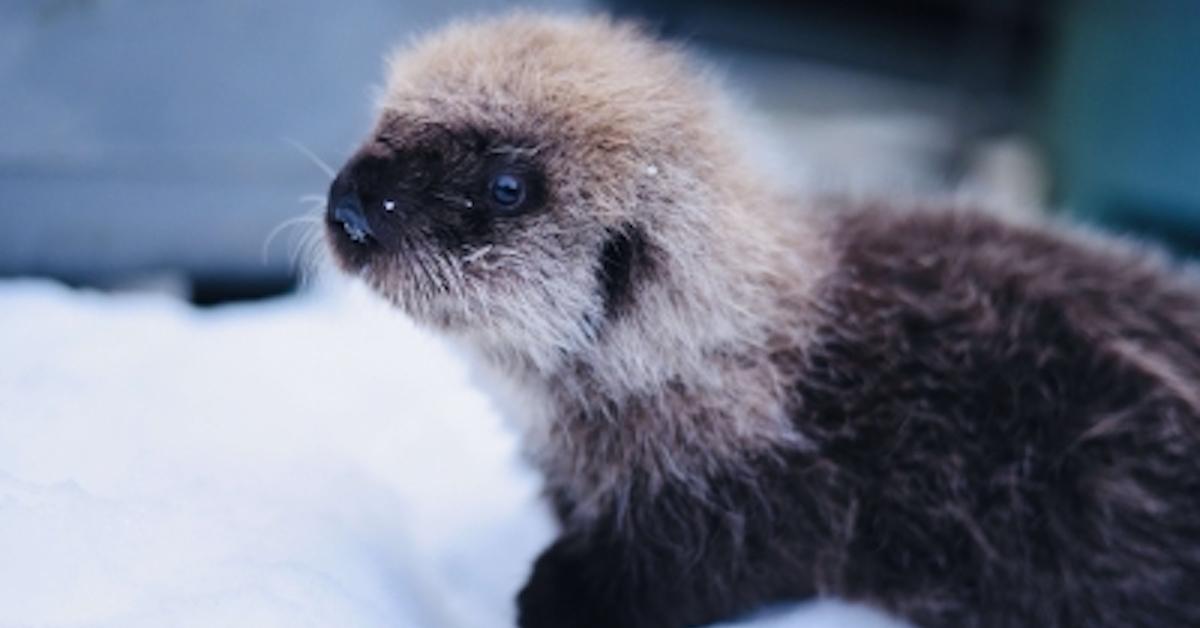The Alaska SeaLife Center Is Doing Great Things — but It May Be in Serious Trouble
Updated Dec. 18 2020, 10:09 a.m. ET
Alaska is — hands down — one of the most biodiverse U.S. states, with a wide range of marine life unique to the northernmost state. Alaska boasts a wildly rich ecosystem with many species on the brink of extinction. The ongoing climate crisis has put many of Alaska's aquatic species in danger, and one facility called the Alaska SeaLife Center (ASLC) is doing everything they can, in terms of conservation efforts.
Keep reading for more on the incredible organization that has done quite a bit of research on the effects of climate change, helps a variety of species in need, and rescues animals affected by oil spills.
The ASLC recently rescued a baby otter separated from its mother.
On Nov. 12, 2020, the ASLC admitted an adorable 2-week-old sea otter pup to its rehabilitation program, after he was spotted alone on a beach in Homer. Upon being rescued, according to a press release, the pup seemed distressed, severely dehydrated, and starved. Although he was in critical condition, the center was able to nurse him back to health. The otter — who has been named Pushki — now weighs 8 pounds, and seems to be more curious and playful.
“He is proving to be a very independent pup. He has been exploring his pools extensively and is already taking really good care of his coat,” states Veterinary Assistant Specialist, Hanna Sundstrom. The program will continue encouraging him to eat more solid foods, and to learn to comfortably swim and dive, presumably in preparation to release him back into the wild.
The ASLC the only facility of its kind in Alaska.
The ASLC is unique for a number of reasons — one being that it's the only facility that specializes in helping and rescuing marine life, according to The Guardian. Some facilities in Alaska may be able to help marine animals to a certain extent, however, the ASLC is the only wildlife rehab facility in the state that solely focuses on marine life, making it more specialized. The closest of its kind is located in Vancouver, B.C., which is a 44-hour drive away.
The ASLC also happens to be the only wildlife response center that specializes in helping wildlife affected by oil spills. It's the only "oiled wildlife response center" in Alaska, which means during an oil spill, the team is required to organize cleanup efforts and rescue missions for local species that may have been affected.
Unfortunately, the ASLC needs help.
The ASLC — which opened in 1998 – may unfortunately be on the brink of closing. In July 2020, the center made a shocking announcement: that it may be forced to close unless it could raise at least $2 million by the end of September, according to a press release. The center heavily relies on visitors' memberships and donations to keep their programs running, and with the ongoing pandemic, the rehab center's income has been dwindling.
While the initial goal had been to fundraise $2 million by the end of September, the ASLC had raised $4 million from generous donors by Oct. 1. Although the center isn't currently operating as it had been, it will be able to stay open, at least through the winter. Sometimes, caring for animals like Pushki can cost upwards of $20,000, and the effects of global warming will only put more species in danger. Therefore, donating to the center — if you can — is a must.
With no definitive end to global warming in sight, we strongly suggest donating to organizations such as the ASLC that are fighting for the lives of so many animals during the ongoing crisis. And remember: every dollar counts.


